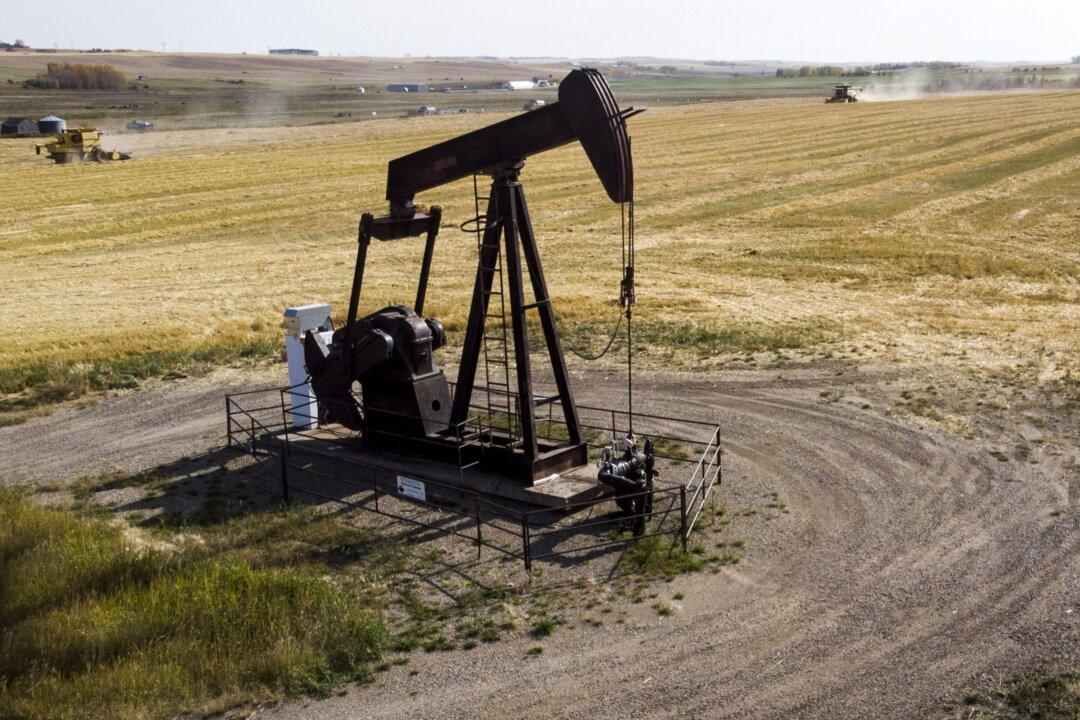News Analysis
A federal government discussion paper on the “next steps” to reducing greenhouse gas emissions in the energy sector threatens to burden the industry with increased complexity, analysts say, while ignoring the potential for Canadian exports to indirectly reduce emissions elsewhere.





